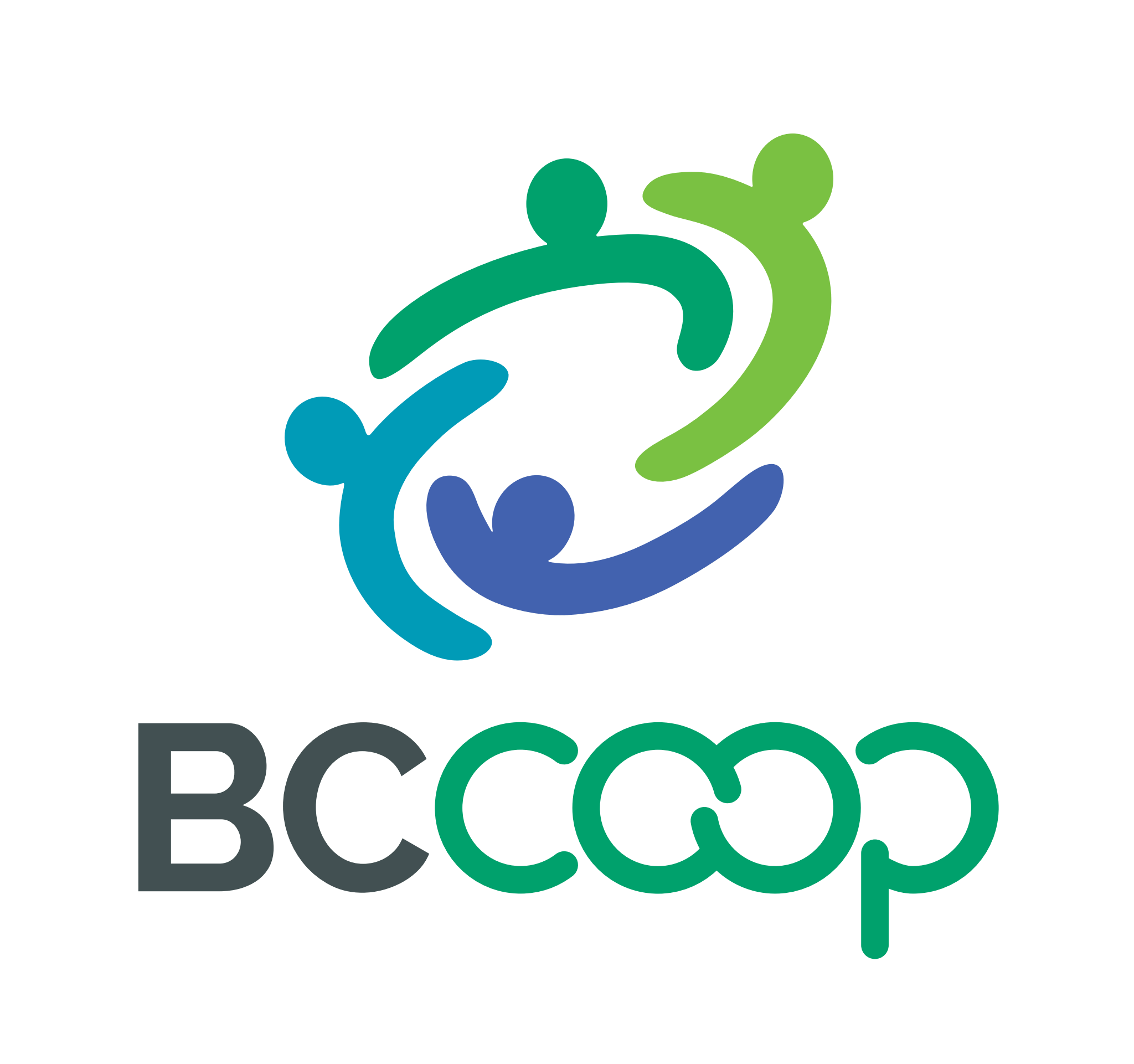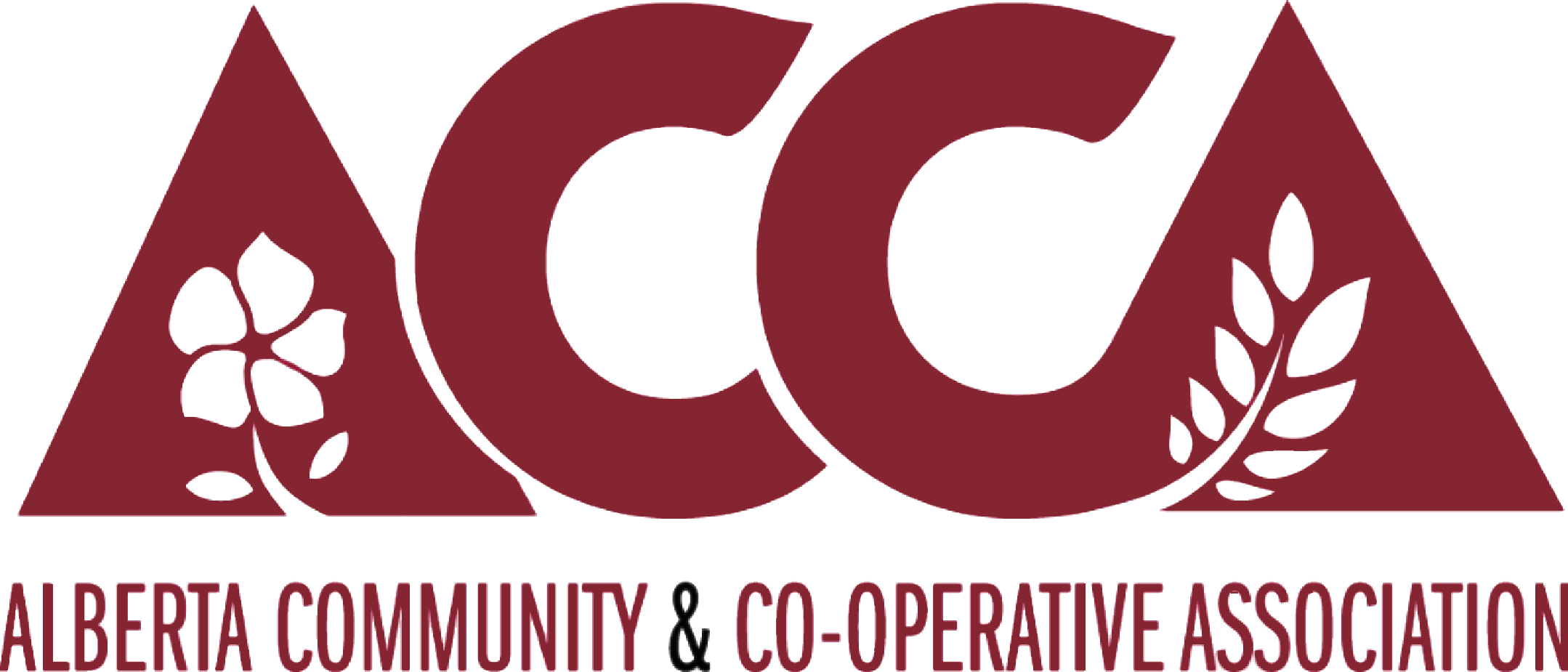Overview
Primary production agriculture is changing rapidly due to major developments in digital “smart” technology. In what is referred to as Big Ag Data, agricultural technology providers are combining data from “smart” devices with weather and soil data to provide farmers with seed, fertilizer, and chemical recommendations designed to improve yields, environmental outcomes and economic return. While the idea of Big Ag Data is quickly becoming commonplace, its use comes with questions and concerns. 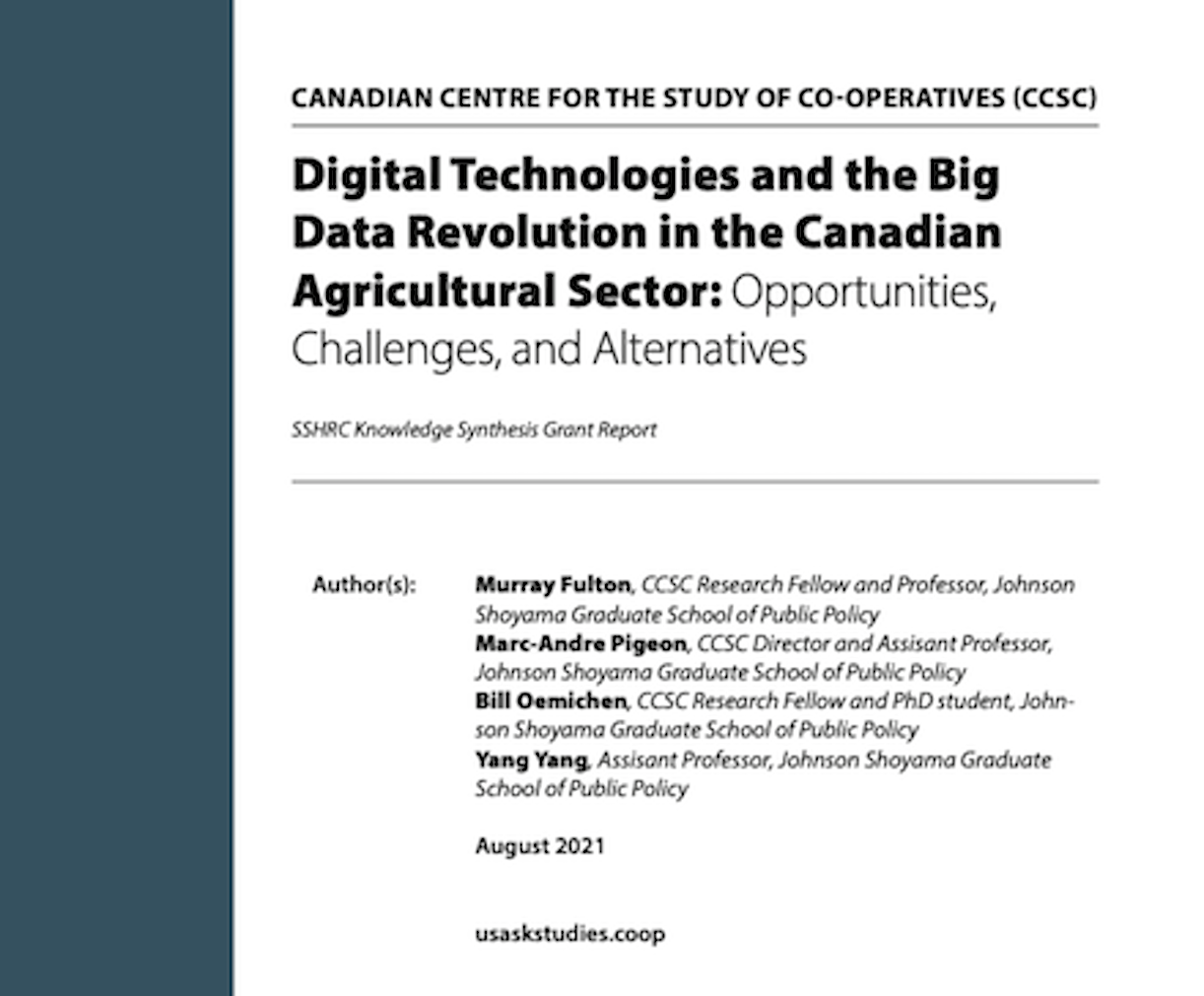
In 2021, researchers at the Canadian Centre for the Study of Co-operatives and Johnson Shoyama Graduate School of Public Policy, including Murray Fulton, Marc-André Pigeon, Yang Yang, and Bill Oemichen, compiled and synthesized the existing research on big ag data. The findings of that research can be found in their report, titled, Digital Technologies and the Big Data Revolution in the Canadian Agricultural Sector: Opportunities, Challenges, and Alternatives.
Informed by the main themes of that report, on March 25, 2022, the Big Data Revolution in the Canadian Agricultural Sector: A Symposium on Opportunities, Challenges, and Alternatives convened 80 producers, researchers, technologists, and co-operators to share and mobilize information about who owns and benefits from agricultural data and how it is being collected, shared, and protected from a privacy perspective. The event looked at how public policy, codes of conduct and organizational models (e.g., data co-operatives) might ensure equitable data ownership and control.
|
This symposium was proudly supported by: |
|
|
 |
 |
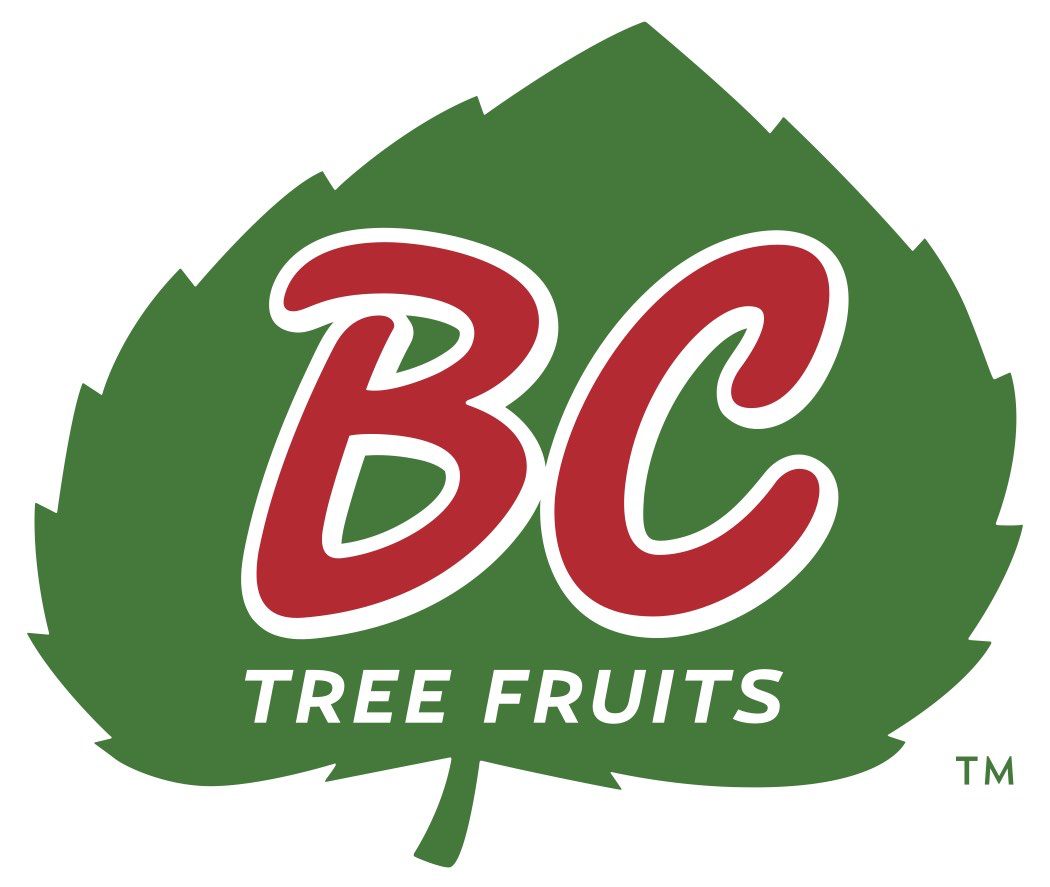 |
Big Ag Data Symposium Retrospective Summary
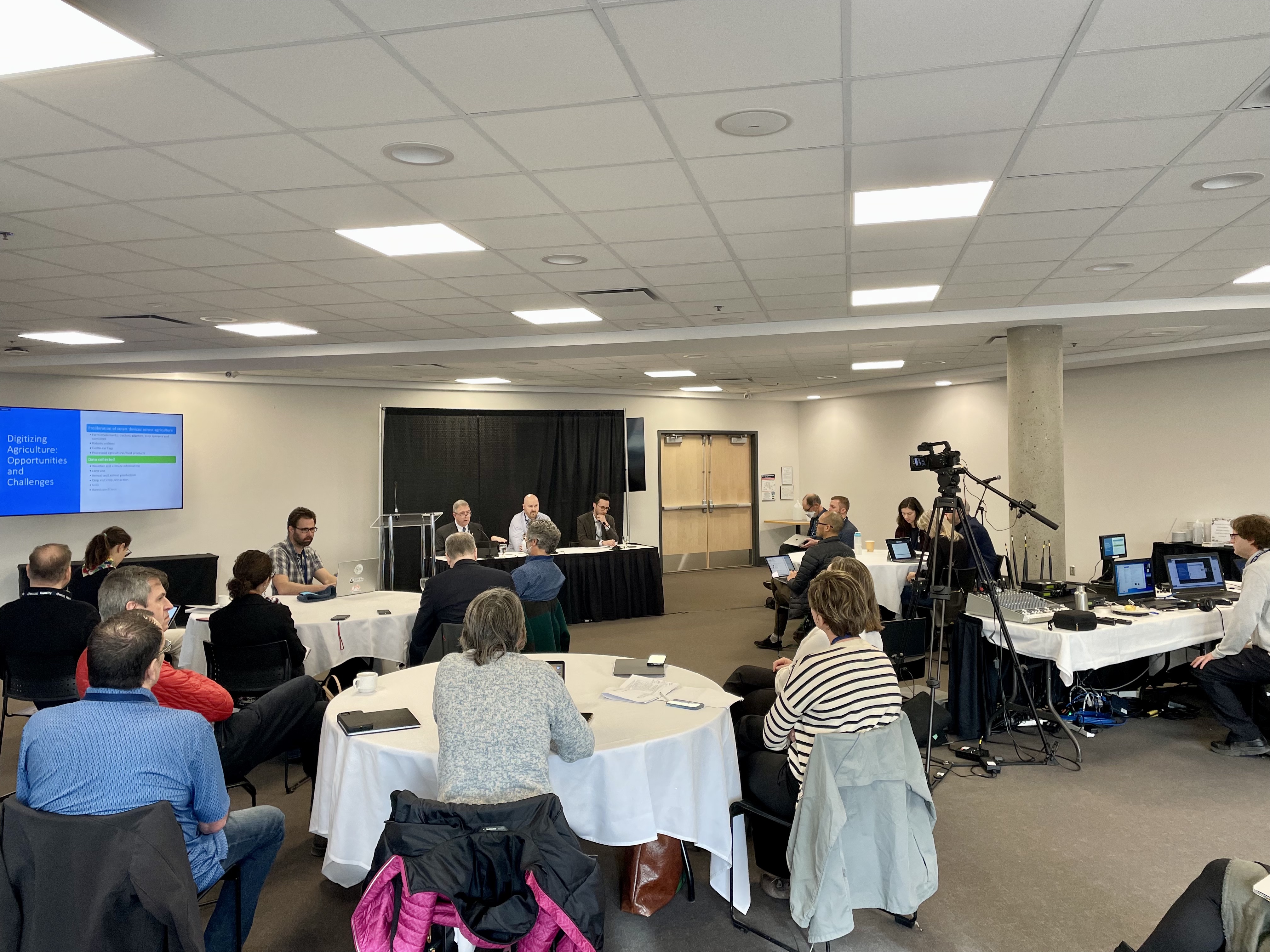
The Co-operative Intelligence Unit (CIU), an initiative of the BC Co-operative Association (BCCA) and Alberta Community Co-operative Association (ACCA), composed a retrospective of the Big Data in Ag symposium and workshop, which aimed to synthesize key insights from the symposium sessions, workshop and the BCCA Agriculture and Food Co-operative conference which happened in parallel so as to inform future directions for the co-operative sector in this space, as well as immediate next steps.
The retrospective summary can be found here: Big Ag Data Symposium Retrospective Summary
Introduction to the Big Data Revolution in Canadian Agriculture featuring Dr. Michael Sykuta
Symposium Recordings
The digitalization of agricultural data holds out the promise of better agricultural productivity, bigger economic returns, less environmental impact, and greater food security. Big Ag Data – as it is often referred to – also raises concerns around data ownership, privacy, security, and control. Meanwhile, the speed of technological advancement has outpaced policy, leaving a policy vacuum that could aggravate these concerns. This session introduced and contextualized these and other issues related to Big Ag Data.
The session features:
-
Bill Oemichen - William L (Bill) Oemichen is a PhD student at the Johnson Shoyama Graduate School of Public Policy. Concurrently, Bill is a Senior Researcher in the Law School and College of Agricultural and Life Sciences at the University of Wisconsin-Madison, a research fellow at the Canadian Centre for the Study of Co-operatives, and serves on the boards of a number of U.S.-based co-operatives and companies, including the education and insurance arm of the cooperatively-owned $340 Billion Farm Credit System.
-
Dan Lussier - Dan Lussier is project manager for agri-food data at EMILI Canada. He is leading EMILI’s work to support the responsible use of data and data-intensive technology in the agriculture and food sector.
-
Darcy Herauf - Darcy Herauf is the Director of the AgExpert division at Farm Credit Canada where he leads the team that creates solid and simple software solutions that help Canadian farmers digitize their farm records.
As governments grapple with how to best respond to concerns associated with privacy, security, and data ownership and control, agri-business and farm organizations in the United States, New Zealand, and Australia have responded by creating voluntary codes of conduct and accreditation frameworks. By informing the design of contracts, these codes are seen as a first step towards creating the trust needed for producers to adopt smart technologies. This session looked at what we know about agricultural data contracts and how these codes of conduct and frameworks have worked elsewhere, all with an eye to understanding how similar initiatives might work in a Canadian context.
The session features:
-
Todd Janzen - Todd J. Janzen is an attorney and founder of Janzen Schroeder Agricultural Law LLC (aglaw.us). Todd also serves as the Administrator for the Ag Data Transparent project, a national effort to bring transparency to contracts between farmers and technology providers.
-
Andrew Cooke - Andrew and his co-founders started Rezare Systems in 2004, a New Zealand company creating custom software for agricultural organisations. In 2020, Rezare Systems was acquired by Map of Agriculture Group. Andrew continues to lead the Rezare Systems team as they deliver software for agribusinesses and agritech startups internationally, and is also Chief Technology Officer for Map of Ag, where he supervises delivery of the agricultural data integration platform, Pure Farming.
-
Rozita Dara - Rozita Dara is the Principal Investigator of Data Management and Privacy Governance research program at the University of Guelph. Her research interest includes data analytics and data governance with a particular focus on digital agriculture. Dr. Dara is also the Data Strategy Director at the Ontario Agri-Food Innovation Alliance working on smart farm data governance and platforms.
While Canadian policymakers have been somewhat slow in coming to grips with the digital revolution in agriculture and more broadly, that is starting to change. The Canadian conversation about agricultural data is taking place against the backdrop of a broad-based federal initiative around data ownership, privacy and control in the form of Bill C-11 – also known as the Digital Charter Implementation Act. While not targeted at producers, this legislation will set the tone for what happens around important issues like data portability and interoperability in the agricultural sector. This session explored the current policy landscape and the potential impact of discussions about these topics on the agricultural sector and its interests in the digital economy.
The session features:
-
Jill Patterson and Surdas Mohit - Jill Patterson is a senior member of Innovation, Science, and Economic Development Canada's Privacy and Data Protection Policy team. Surdas Mohit is a Senior Project Leader at Innovation, Science, and Economic Development Canada.
-
Adam Deochand - Adam Deochand is an Innovation and Growth Policy Analyst for Biotechnology and Emerging Technology Issues at Agriculture and Agri-Food Canada.
-
Scott Ross - Scott Ross is the Assistant Executive Director for Canadian Federation of Agriculture. Prior to that, Scott was Director of Business Risk Management and Farm Policy for the previous 6 years.
Producers and farm organizations have started to look at what kind of models they could adopt to facilitate more democratic and equitable data ownership. In this session, producers and farm organizations shared their perspectives on the digitalization of agriculture and what they are doing around issues like data ownership, privacy and control.
The session features:
-
Matthew Meisner - Matt Meisner, PhD, is the Vice President of R&D and Data Science at Farm Business Network, where he leads scientific, research, and technical development and created the FBN analytics system.
-
Billy Tiller - Billy Tiller is the CEO and co-founder of Grower Information Services Cooperative (GiSC). He has held both Board and Executive Leadership roles in Rural Telecommunications, Ag Banking, Ag Technology, and Ag Production. He is the also the fourth generation to manage a large family-owned production Ag operation raising cotton, grains, and for many years raising cattle.
-
Karen Hand - Karen Hand is the Founder and President of Precision Strategic Solutions and AgID, and has been involved in numerous research and industry projects involving the analysis, modeling and management of Canadian agri-food data including the architecture and implementation of a national disease surveillance system.
Navigating the challenges and opportunities presented by Big Ag Data requires a broad awareness amongst producers, since they are the creators and users of data. A top-down or one-size-fits-all approach is not likely to be responsive to the challenges unique to the industry. This session brought together a variety of stakeholders from across the agricultural sector to share their perspectives, experiences, feedback, and future plans. This forward-looking session aimed to create opportunities for collaboration, spur creative solutions and foster a common framework that works to the benefit of all sectoral partners.
The session features:
-
Don Smith - Don Smith is the Vice President, Petroleum and Innovation, at United Farmers of Alberta Co-operative Ltd. Don is also leading UFA’s foray into Innovation and Sustainability.
-
Warren Sarafinchan - Warren Sarafinchan is the Chief Executive Officer of the BC Tree Fruits Cooperative based in Kelowna, BC. BC Tree Fruits is Canada's largest tree fruit cooperative with over 300 grower families. BC Tree Fruits' mission is to supply the world with high-quality fruit, cultivating a prosperous future for growers, employees, and the communities in which the cooperative operates.
-
Darcy Smith - Darcy Smith is the B.C. Land Matching Program Manager for the Young Agriarians. As the first Land Matcher in B.C. and now as BCLMP program manager, she’s worked with many new entrants, seasoned farmers and farmland holders across the province, who all share a vision to help the next generation of farmers get on the land and to see the land producing food into the future.
-
Jeremy Welter - Jeremy Welter is the Director for District Six for The Agricultural Producers Association of Saskatchewan (APAS). Jeremy was born and raised on the family farm near Kerrobert. He is a fourth-generation farmer, a husband, a father and a small business owner.
Symposium Speakers

As a researcher at the CCSC, Jen develops and leads workshop on board governance for co-operative organizations and oversees a variety of research projects on issues in the co-operative and social economy sectors. She also teachers courses on the social economy and public policy, as well as ethical leadership, for the Johnson Shoyama Graduate School of Public Policy, University of Saskatchewan. Prior to completing her PhD, Jen spent 20 years working in the non-profit sector. She is an active volunteer, and currently serves as secretary and chair of the governance committee at Quint Development, an innovative non-profit agency focused on housing and employment in the core neighbourhoods of Saskatoon.

Andrew and his co-founders started Rezare Systems in 2004, a New Zealand company creating custom software for agricultural organisations. In 2020, Rezare Systems was acquired by Map of Agriculture Group. Andrew continues to lead the Rezare Systems team as they deliver software for agribusinesses and agritech startups internationally, and is also Chief Technology Officer for Map of Ag, where he supervises delivery of the agricultural data integration platform, Pure Farming.
Andrew has a long interest in the ethical use of farm data, and in development of interoperability standards, particularly in livestock and geospatial data. He is an active member of the International Committee for Animal Recording (ICAR) animal data exchange working group.
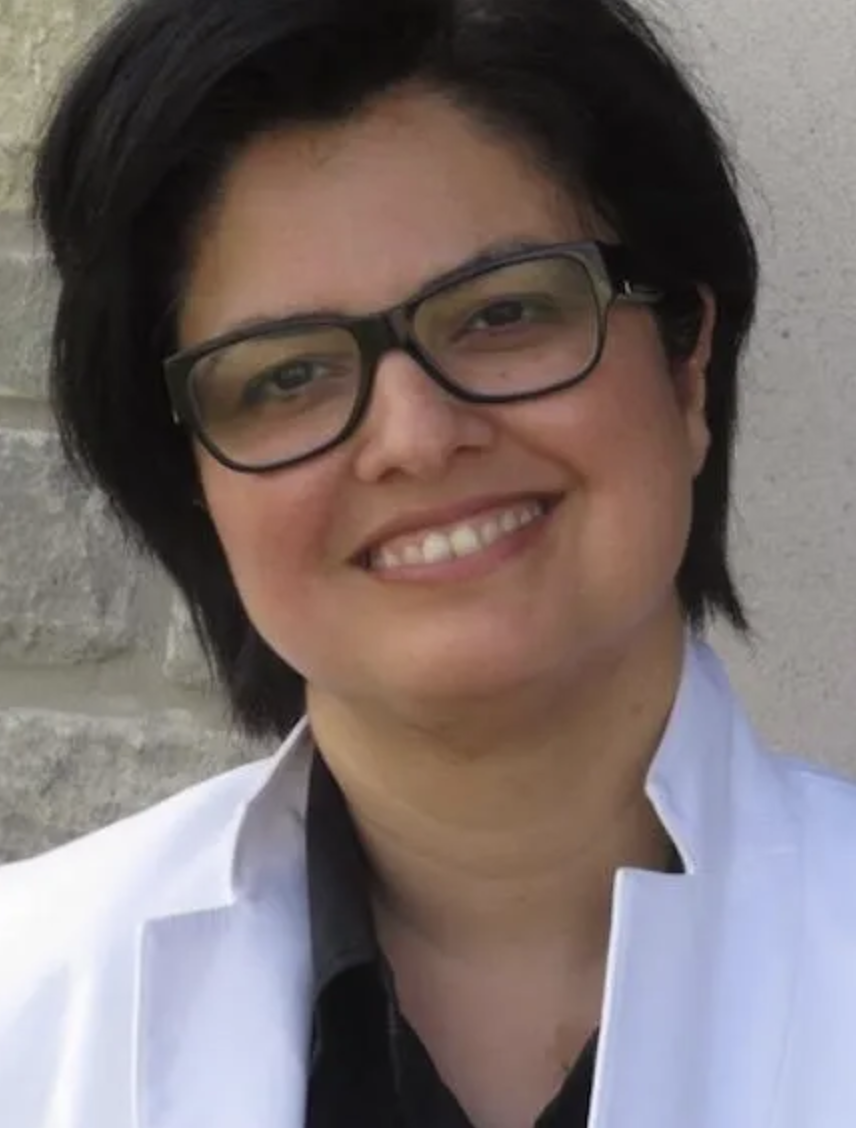
Dr. Dara is the Principal Investigator of Data Management and Privacy Governance research program at the University of Guelph. Her research interest includes data analytics and data governance with a particular focus on digital agriculture. Dr. Dara is also the Data Strategy Director at the Ontario Agri-Food Innovation Alliance working on smart farm data governance and platforms. Since joining the University of Guelph, she has been spearheading several initiatives related to digital agriculture including agricultural data platforms, agriculture data privacy, policy, and confidentiality, and automation in agricultural practices. Dr. Dara currently has several ongoing research projects in the areas of livestock disease modelling, digital agriculture platforms, agriculture data privacy and confidentiality, and food traceability.
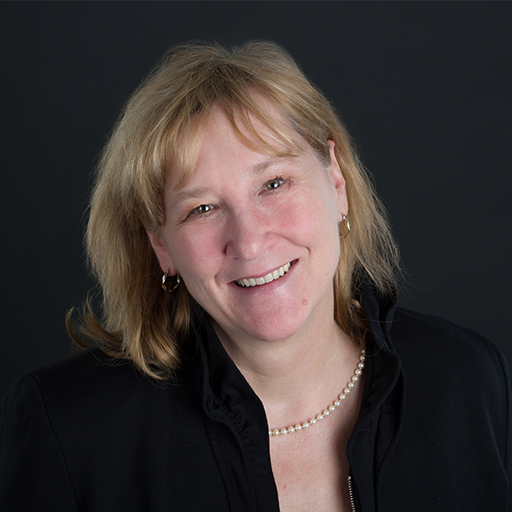
Dr. Karen Hand received her PhD in biostatistics from the University of Guelph. As Founder and President of Precision Strategic Solutions and AgID, Dr. Hand has been involved in numerous research and industry projects involving the analysis, modeling and management of Canadian agri-food data including the architecture and implementation of a national disease surveillance system. Dr. Hand has been engaged in numerous activities with the Canadian Agri-Food supply chain to drive comprehensive digital transformation strategies from a technological and governance perspective.
In early 2017, Dr. Hand led the team that performed an in-depth cross-commodity user needs analysis for accelerating the adoption of precision agri-food in Ontario and the instantiation of an open source data broker pilot for the Canadian dairy industry, leading to her current focus on activities regarding digital transformation within complex data ecosystems (i.e., farmer driven data architecture for trustworthy data sharing) to enable an interoperable trusted data ecosystem based on decentralized digital identity technologies.

Darcy Herauf is the Director of the AgExpert division at FCC where he leads the team that creates solid and simple software solutions that help Canadian farmers digitize their farm records. Darcy was born and raised on a mixed farm in southeast Saskatchewan and attended the University of Regina where he received a degree in Business.
His 20 plus year career in agriculture has been mostly spent at FCC where he has held a variety of roles in finance, marketing and information technology. Since joining the AgExpert team he’s focused on creating practical solutions that help Canadian farmers better manage their financial and field information. FCC AgExpert was the first Canadian head-quartered company to achieve their AgData transparent certification and the team continues to play a leading role in educating and promoting data transparency in the Canadian agriculture industry.
Darcy also has a lifelong passion for farming and is actively operating the family farm. He currently sits on the boards of the AgData Transparent (ADT) group and Agri-food Innovation Council (AIC).

Understanding the intersection of agriculture and law is essential to advance modern agriculture. Todd J. Janzen, attorney and founder of Janzen Schroeder Agricultural Law LLC (aglaw.us), has that unique ability and is dedicated to serving the needs of farmers, ag technology providers, and agribusinesses. In addition to his thriving practice, Todd also serves as the Administrator for the Ag Data Transparent project, a national effort to bring transparency to contracts between farmers and technology providers. Having grown up on a grain and livestock farm in Kansas and holding a law degree from Indiana University, Todd is a sought-after speaker and author for his perspective and expertise. He has testified before U.S. Senate and House subcommittees on issues concerning ag data collection, privacy, and technology. Todd is active in industry associations and provides leadership in a variety of ways including being on the Board of Directors of the Fair Oaks Pig Adventure as well as serving at General Counsel for the Indiana Dairy Producers. Todd publishes a nationally recognized ag technology blog, the Janzen Ag Tech Blog.

Dan Lussier is project manager for agri-food data at EMILI Canada. He is leading EMILI’s work to support the responsible use of data and data-intensive technology in the agriculture and food sector. For more information on the EMILI Data Initiative see http://data.emilicanada.com. Dan is a mechanical engineer by training and has previously worked in public policy for the federal government (Agriculture and Agri-Food Canada, Global Affairs/Trade) and in advanced manufacturing at the University of British Columbia.
EMILI is an industry-led non-profit organization established to accelerate the growth of the agri-food sector in Manitoba, and across Canada, by promoting digital agriculture and digital agriculture technologies.

Matt Meisner, PhD, is the Vice President of R&D and Data Science at FBN, where he leads scientific, research, and technical development and created the FBN analytics system. While in graduate school at UC Davis, Matt worked with hundreds of cotton and citrus farmers in California to develop novel pest and crop prediction models by applying big data, statistical computing, and machine learning techniques. Matt has 15+ years of research experience using quantitative tools to analyze agricultural biology, and he has authored 12 peer-reviewed journal publications. Matt earned his PhD in Population Biology and MS in Statistics from UC Davis, and his BS in Biological Sciences from MIT.

Scott has been the Assistant Executive Director at the Canadian Federation of Agriculture since 2018. Prior to that, Scott was Director of Business Risk Management and Farm Policy for the previous 6 years. In this capacity, he is responsible for managing a wide array of policy files for CFA, including rural connectivity and data management, alongside risk management , labour, and, increasingly, agri-environmental policies. More recently, Scott has also co-chaired the Agriculture Carbon Alliance, a coalition of 14 national farm associations advocating on behalf of farmers with regard to carbon pricing and associated environmental policies.
Prior to his role at the CFA, Scott worked with the Economic Developers Council of Ontario and the University of Waterloo researching how municipal and regional governments can raise the profile of agriculture as an economic development priority.

Mr. Sarafinchan is the Chief Executive Officer of the BC Tree Fruits Cooperative based in Kelowna, BC. BC Tree Fruits is Canada's largest tree fruit cooperative with over 300 grower families. BC Tree Fruits' mission is to supply the world with high-quality fruit, cultivating a prosperous future for growers, employees, and the communities in which the cooperative operates.
In the past three years, BC Tree Fruits has undergone a transformation and has 'turned over a new leaf'. A critical part of this transformation has been the modernization of the organization's governance model. The governance changes implemented have enabled the organization to make critical changes that have increased returns for its growers. Equally important, the new governance structure has created an environment where the long-term strategic plan is being effectively implemented in order to provide a sustainable future for the families that the cooperative represents.
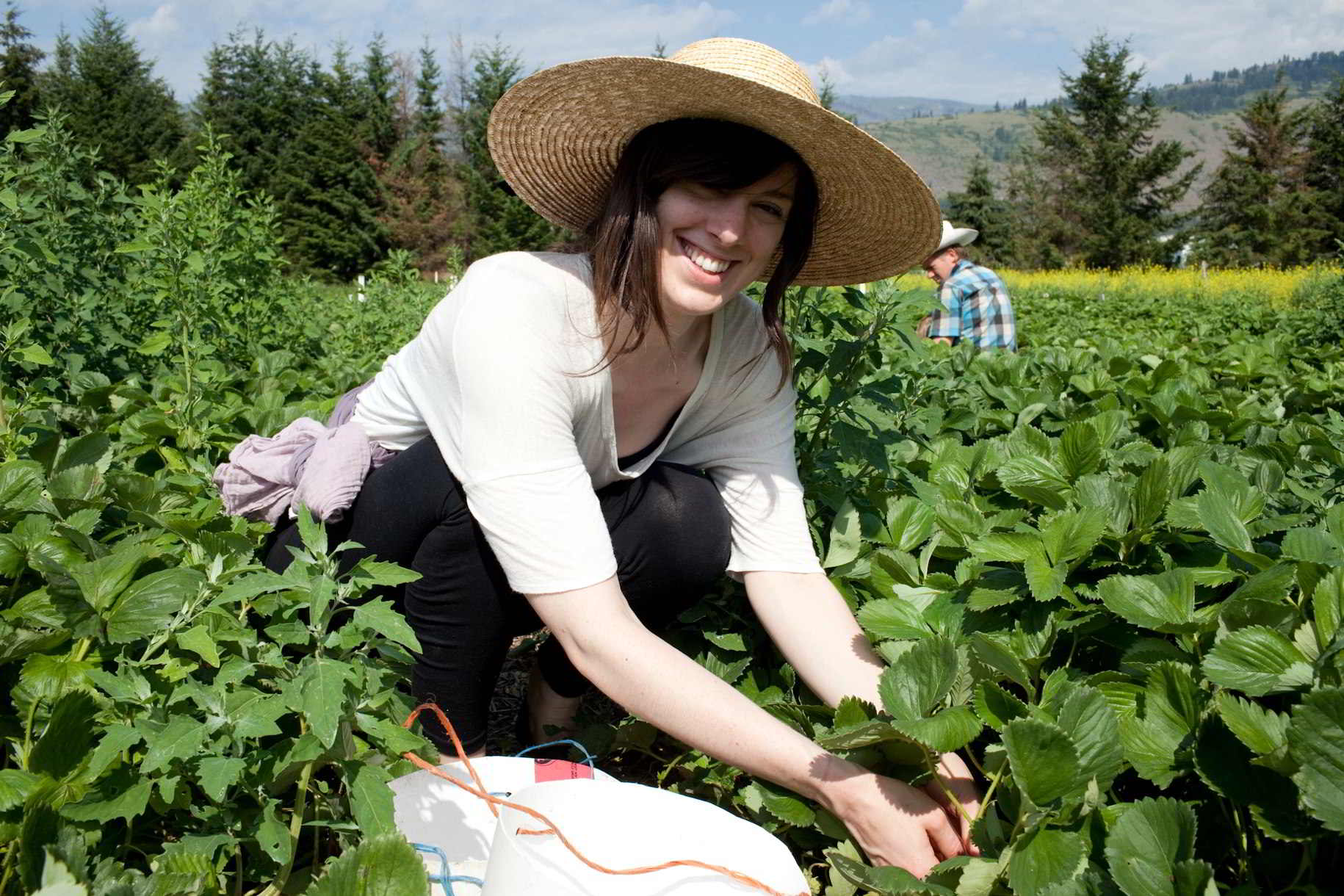
Darcy Smith has spent the last decade working to support farmers and food systems. She lives and works on unceded Musqueam, Squamish and Tsleil-Waututh territories. As the first Land Matcher in B.C. and now as BCLMP program manager, she’s worked with many new entrants, seasoned farmers and farmland holders across the province, who all share a vision to help the next generation of farmers get on the land and to see the land producing food into the future. Darcy also edits the BC Organic Grower, a quarterly magazine showcasing organic farming across B.C.
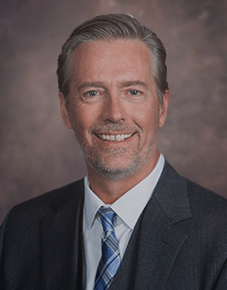
“We have an incredibly powerful platform for growth at UFA. We will continue to use our touchstones of adding value to our members, maintaining discipline and focus in our business decisions, and developing the horsepower we bring to bear through our employees and agents. Our co-operative has tremendous potential.”
Don spent 24 years working for Suncor Energy where he gained extensive experience in many facets of the oil industry, including crude oil supply and logistics, strategic planning, refined product trading, risk management and hedging strategy, terminal and distribution operations, sales and marketing and refined product supply.
Don worked in progressive leadership roles in both Toronto and Denver, giving him an in-depth knowledge of the major market dynamics that shape the North American petroleum industry.
Don leads the Petroleum team who provides the highest quality fuels, lubricant, and associated products and services to our members and customers. UFA’s Engineering, Environment, and Health and Safety teams all fall under Don’s leadership as well. Don’s team also includes Bar W, using the Bar W and All Peace Petroleum brands, which provides downstream petroleum maintenance and construction services along with being one of the leading tank rental and sales companies in Alberta.
Don is also leading UFA’s foray into Innovation and Sustainability. Through new technologies, processes, and methodologies, UFA will drive efficiency and sustainability for the Co-operative and its farmer rancher members.
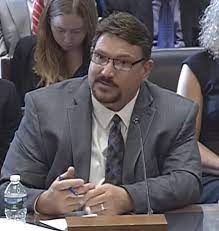
Billy Tiller was raised on farm west of Lubbock Texas where he still resides. He graduated from Texas Tech University in 1986
He has been an innovator in the Ag industry and that was really propelled by “just a really fortunate work life where I was involved in the management of a farm day to day and at the same time working in other businesses that were connected to agricultural in both technology and finances.” He has held both Board and Executive Leadership roles in Rural Telecommunications, Ag Banking, Ag Technology, and Ag Production. He is the also the fourth generation to manage a large family-owned production Ag operation raising cotton, grains, and for many years raising cattle. He has built strong relationships with Texas Tech University and is working with them on several projects around ag innovation. He is the co-founder of Grower Information Services Cooperative (GiSC), and currently its CEO. GiSC was founded in late 2012 as the world’s first ag data cooperative.
He has several accomplishments in the “Big Ag Data” arena which include being a speaker and panelist over the last few years at many events featuring ag data. He has also testified multiple times either before the U.S. House of Representatives Committee on Agriculture or its Subcommittees. In July 2017, he was named by PrecisionAg Professional and Meister Publishing, as one of the Top 10 Most Influential Precision Farming Advocates for 2017.
He has a legacy project in Nebraska where GiSC has introduced a scalable IoT system in collaboration with the local electric power providers to monitor irrigation at scale on 320,000 acres in the Twin Platte Natural Resource District. The project integrates GiSC technology to estimate water pumped on fields with use of the electric smart meter maintained by the electric provider. The project also involves several hundred IoT devices that present data to GiSC via a Paige Wireless Companies Lora Wan network in places where the irrigation well is not powered by electricity. It is groundbreaking work and is described here in a Nebraska public TV documentary:
https://nebraskapublicmedia.org/en/series-media/non-series-video/using-data-to-conserve-water-50016844/
Symposium Leads

Murray Fulton, Fellow in Co-operatives and Public Policy, Canadian Centre for the Study of Co-operatives; and Professor, Johnson Shoyama Graduate School of Public Policy
Murray Fulton is a professor in the Johnson Shoyama Graduate School of Public Policy and a Fellow in Co-operatives and Public Policy in the Centre for the Study of Co-operatives. His research and teaching interests are focused in a number of areas, including industrial organization, agricultural and rural policy, and public sector and co-operative governance. He is the co-author of a number of books and reports, including Canadian Agricultural Policy and Prairie Agriculture and Co-operatives and Canadian Society. Fulton has also written many articles and papers on industrial organization, agricultural policy, and co-operatives. One important area of research has been an examination of the changes that are occurring in agriculture and the response of organizations – including agricultural co-operatives – to these changes. His current research is focused on governance and executive compensation in the public and quasi-public sectors. He is also interested in behavioural economics and its application to business strategy and public policy formation.

Marc-Andre Pigeon, Director, Canadian Centre for the Study of Co-operatives; Assistant Professor, Johnson Shoyama Graduate School of Public Policy
Dr. Pigeon holds a PhD in Mass Communications from Carleton University and has worked in a number of economics and policy-related positions, most recently as assistant vice-president of public policy at the Canadian Credit Union Association. He has also served as interim-vice president of government relations at CCUA, as a special advisor and senior project leader at the federal Department of Finance, and as lead analyst on several federal Parliamentary committees including the House of Commons Standing Committee on Finance, the Standing Committee on Public Accounts, the Standing Committee on Banking, Trade and Commerce, and the Standing Committee on Agriculture and Forestry. Dr. Pigeon also worked as an economic researcher at the Levy Economics Institute of Bard College and started his career as a financial journalist at Bloomberg Business News.
His academic background is in economics as well as communications studies (including journalism), having studied at Carleton University, the University of Ottawa and New School University in New York City. Dr. Pigeon's research interests include the study of co-operatives, behavioural economics/psychology, income distribution, money and banking, and fiscal and monetary policy.



